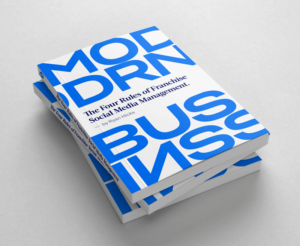In today’s ever-evolving digital landscape, the future of marketing holds infinite possibilities waiting to be explored. As businesses adapt to technological advancements and shifting consumer behaviors, the journey of discovering the future of digital marketing becomes both an exciting opportunity and a strategic imperative.
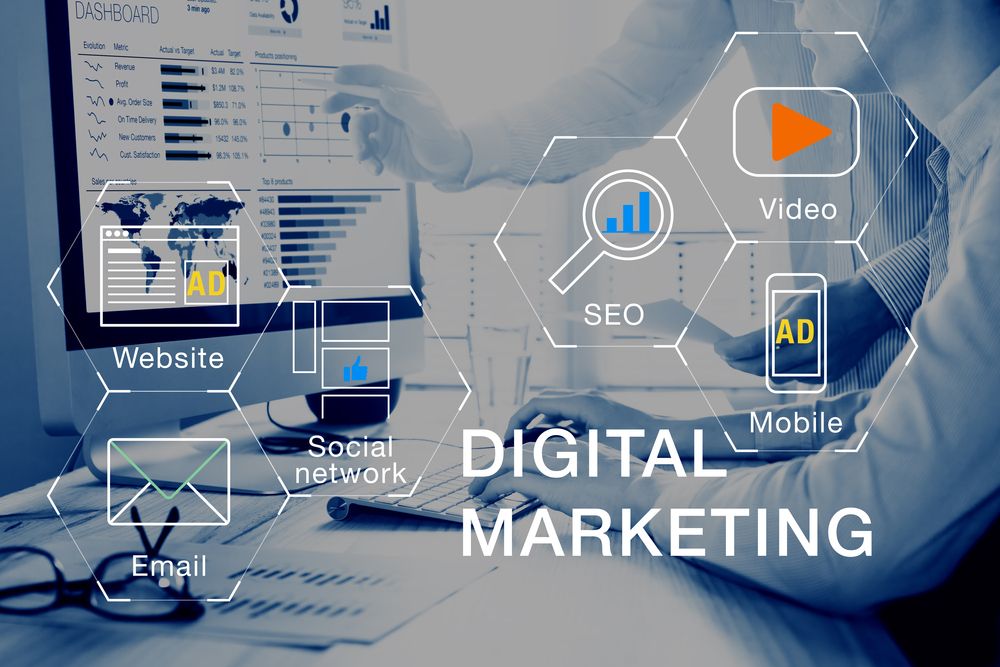
At the heart of this exploration lies the relentless pursuit of understanding and anticipating the needs, desires, and preferences of consumers in an increasingly interconnected world. With each click, swipe, and interaction, valuable insights are unearthed, guiding marketers toward innovative strategies that resonate with their target audience.
One of the key elements shaping the future of digital marketing is the rise of artificial intelligence (AI) and machine learning. These transformative technologies empower marketers to analyze vast troves of data with unprecedented speed and accuracy, enabling them to tailor personalized experiences for each individual customer. From predictive analytics to chatbots, AI-driven solutions are revolutionizing how brands engage with their audience, delivering hyper-relevant content and recommendations at the right moment and through the right channel.
Moreover, the proliferation of smart devices and the Internet of Things (IoT) is creating new touchpoints for brands to connect with consumers. Whether it’s through wearable technology, smart home devices, or connected cars, marketers have the opportunity to deliver seamless, contextual experiences that seamlessly integrate into consumers’ daily lives.
Another pivotal trend in the future of digital marketing is the continued dominance of video
content. With platforms like YouTube, TikTok, and Instagram commanding the attention of billions of users worldwide, video has emerged as a powerful medium for storytelling and brand engagement. As attention spans shrink and visual communication becomes increasingly prevalent, marketers must harness the emotive power of video to captivate audiences and forge meaningful connections.
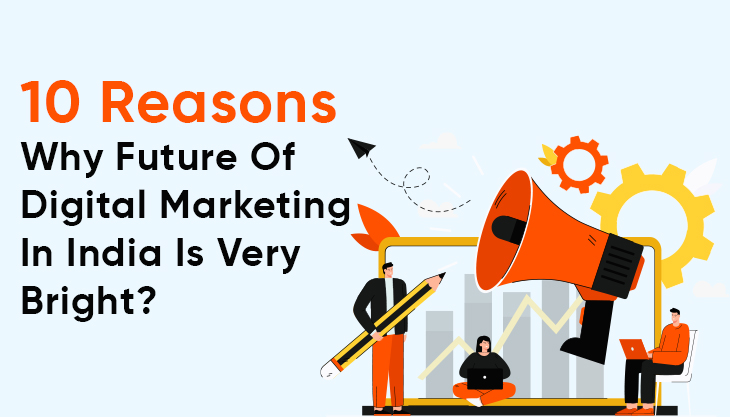
Furthermore, the convergence of online and offline experiences is blurring the lines between traditional and digital marketing channels. As consumers navigate seamlessly between the physical and digital realms, brands must adopt an omnichannel approach that ensures consistency and coherence across all touchpoints. By integrating data and insights from both online and offline interactions, marketers can deliver personalized experiences that transcend the limitations of individual channels, fostering brand loyalty and advocacy.
In the realm of content marketing, the future holds promise for immersive technologies such as augmented reality (AR) and virtual reality (VR). By enabling consumers to interact with products and experiences in virtual environments, AR and VR have the potential to revolutionize how brands engage with their audience, providing unprecedented levels of interactivity and engagement.
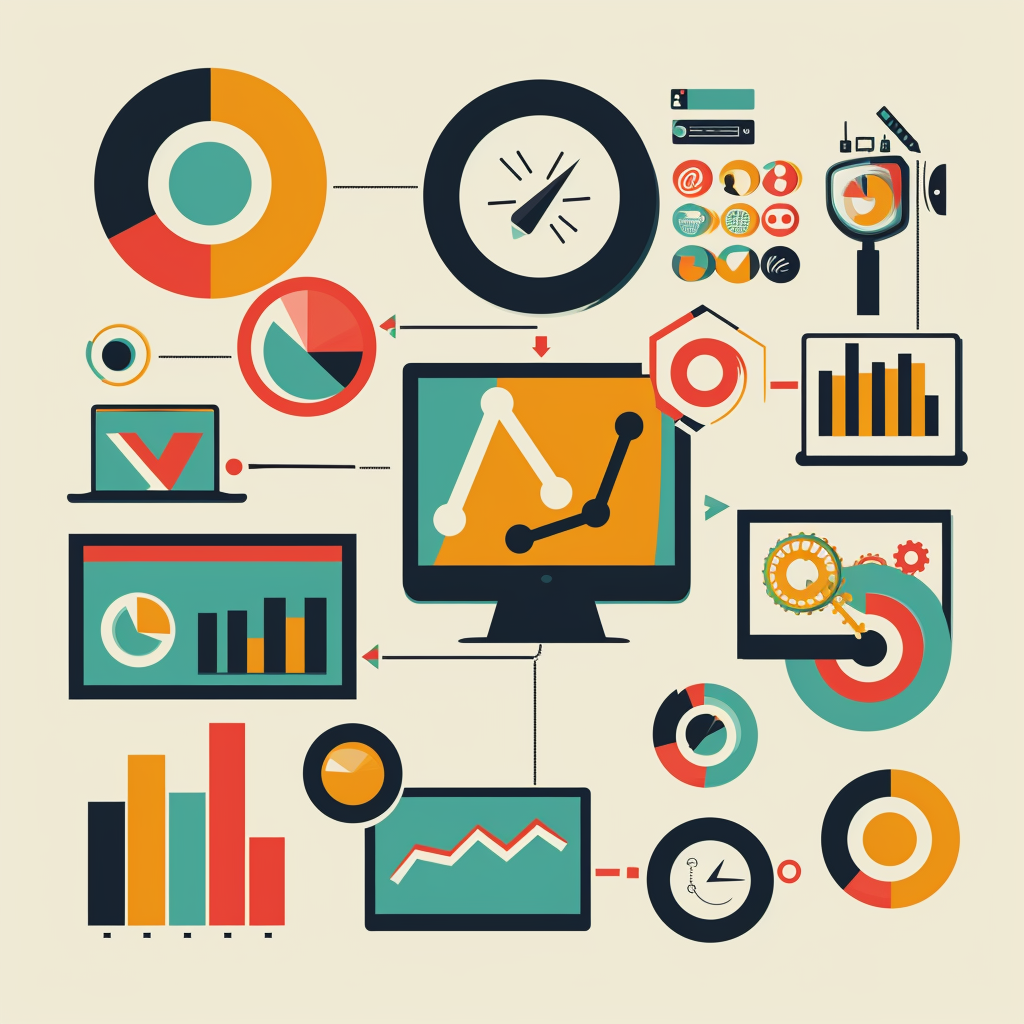
In conclusion, discovering the future of digital marketing is an ongoing journey fueled by curiosity, innovation, and a deep understanding of consumer behavior. By embracing emerging technologies, embracing creativity, and staying agile in the face of change, marketers can navigate the complexities of the digital landscape with confidence and chart a course toward sustainable growth and success.
As we delve deeper into the future of digital marketing, it becomes evident that the landscape is evolving at an unprecedented pace, presenting marketers with both challenges and opportunities.
Here are additional insights into the emerging trends and strategies shaping the future of digital marketing
Hyper-Personalization: Beyond traditional segmentation, the future of digital marketing lies in hyper-personalization. By leveraging advanced data analytics and AI-driven algorithms, marketers can create highly tailored experiences that resonate with individual preferences, interests, and behaviors. From personalized product recommendations to customized email campaigns, hyper-personalization enables brands to forge deeper connections with their audience and drive meaningful engagement.
Voice Search Optimization: With the proliferation of voice-activated devices and virtual assistants, optimizing content for voice search is becoming increasingly important. Marketers need to understand how consumers formulate voice queries and tailor their content accordingly to ensure visibility in voice search results. This involves incorporating conversational keywords, providing concise answers to common questions, and optimizing for local search queries to capitalize on the growing trend of voice-enabled search.
Social Commerce: Social media and online buying are becoming more and more similar as social media platforms develop into potent e-commerce avenues. With features like shoppable posts, in-app checkout, and social shopping integrations, brands can now seamlessly facilitate transactions directly within social media platforms. This trend not only streamlines the path to purchase but also enhances the social shopping experience by leveraging user-generated content, social proof, and influencer endorsements.
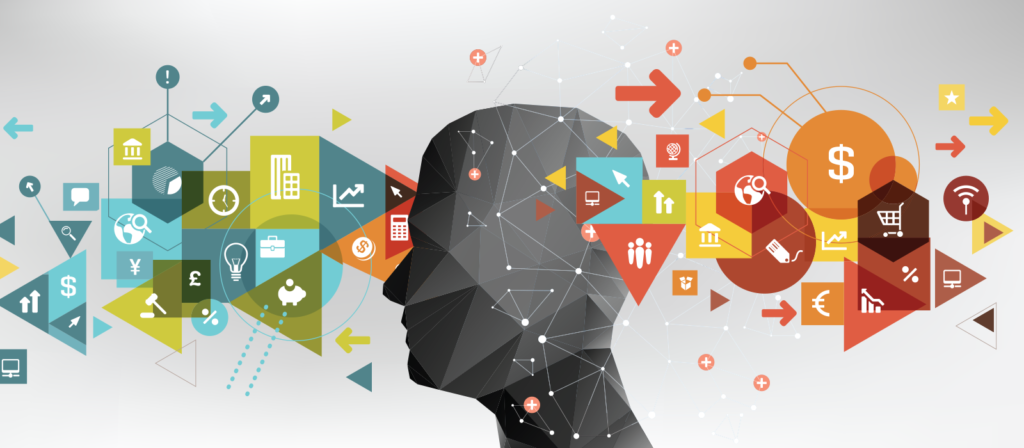
Data Privacy and Trust: In an era of increasing data breaches and privacy concerns, building trust with consumers is paramount for digital marketers. Brands must prioritize transparency, accountability, and ethical data practices to earn and maintain the trust of their audience. This involves obtaining explicit consent for data collection, safeguarding sensitive information, and adhering to privacy regulations to demonstrate a commitment to consumer privacy and security.
Content Experience Optimization: Beyond creating compelling content, the future of digital marketing hinges on optimizing the entire content experience. This encompasses everything from the design and layout of web pages to the usability and accessibility of digital assets. By prioritizing user experience and ensuring seamless navigation across devices and platforms, marketers can enhance engagement, reduce bounce rates, and ultimately drive conversions.
Blockchain Technology: Blockchain technology holds promise for revolutionizing digital marketing by providing transparent, secure, and decentralized solutions for issues such as ad fraud, data privacy, and digital identity verification. By leveraging blockchain-based platforms, marketers can mitigate fraud, verify the authenticity of digital assets, and establish trust within the advertising ecosystem. Additionally, blockchain-enabled microtransactions and smart contracts offer new opportunities for monetizing content and rewarding consumer engagement.
Augmented Analytics: Augmented analytics combines AI and machine learning capabilities with human intuition to empower marketers with actionable insights and predictive intelligence. By automating data analysis, identifying patterns, and generating actionable recommendations, augmented analytics enables marketers to make data-driven decisions with confidence and agility. This enables them to optimize campaigns in real time, allocate resources effectively, and drive measurable results across the entire marketing funnel.
In essence, the future of digital marketing is characterized by continuous innovation, adaptation, and the relentless pursuit of delivering value to consumers in a rapidly evolving digital landscape. By staying abreast of emerging trends, leveraging advanced technologies, and prioritizing customer-centric strategies, marketers can navigate the complexities of the digital ecosystem and unlock new opportunities for growth and differentiation.




